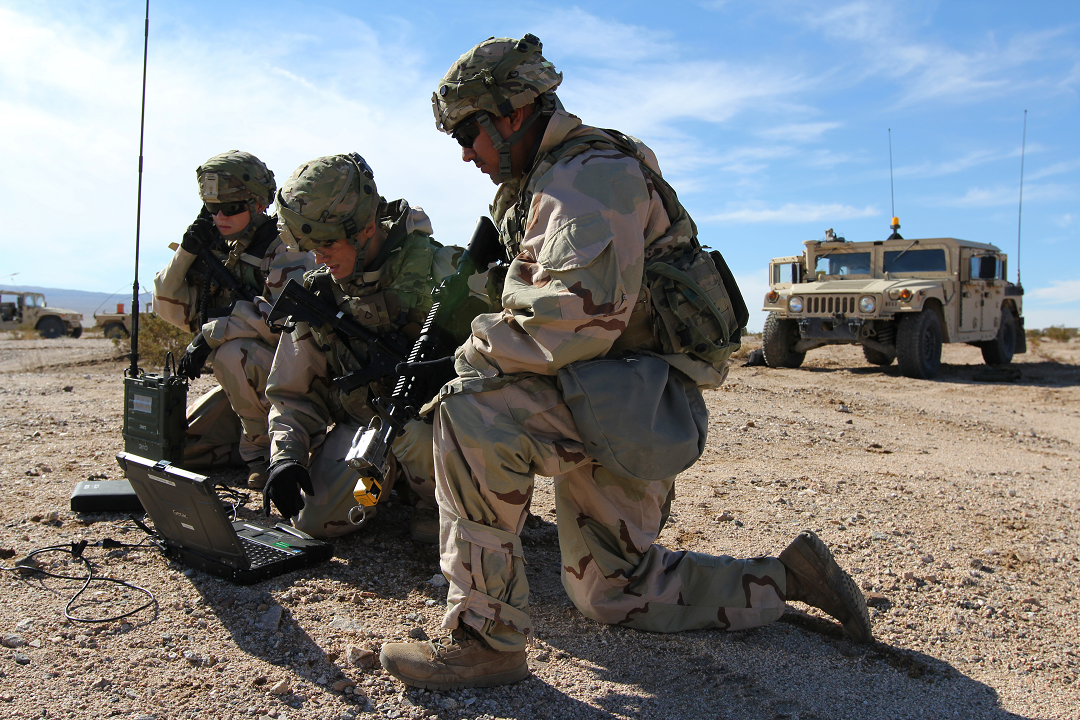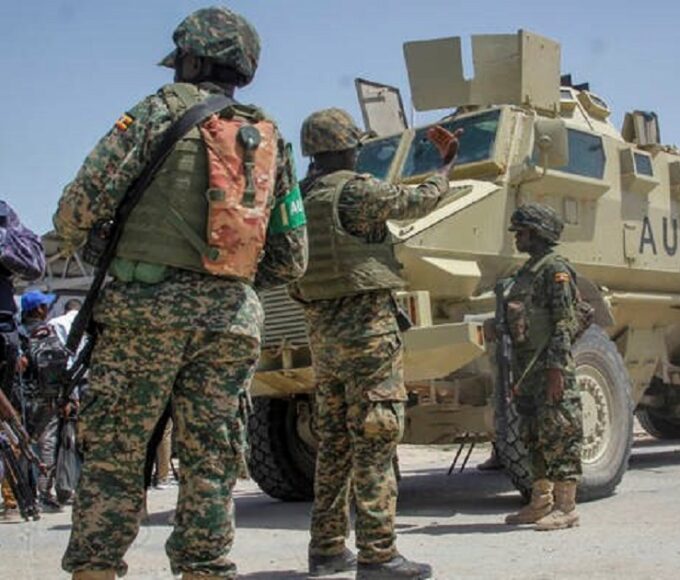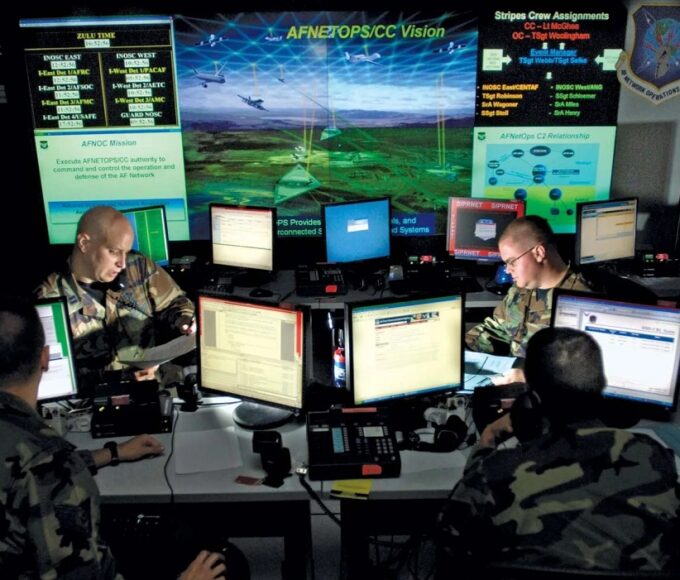
CYBER ESPIONAGE WARS: HOW GLOBAL POWERS USE AFRICA AS A BATTLEGROUND
Africa has become the silent front line in a shadow war where global powers wage cyber-espionage campaigns that rival Cold War spy craft but surpass it in reach and sophistication. From undersea fibre-optic cables in Djibouti to government servers in Lagos, foreign intelligence agencies and state-backed hackers continuously probe, steal, and plant digital traps across the continent. Microsoft’s 2025 Digital Defense Report recorded 1.2 billion malicious login attempts against African entities an increase of 180 percent from 2023 linked primarily to China’s Ministry of State Security, Russia’s GRU, and Western agencies. With its strategic minerals, election systems, and maritime chokepoints, Africa is a lucrative target, even as many states operate with cyber-defence capabilities a decade behind global standards.
China’s “Digital Silk Road” remains the most expansive espionage architecture on the continent. Since 2018, Huawei Marine now HMN Tech has built 90 percent of new sub-Saharan cable systems, embedding “lawful intercept” modules that Beijing can activate remotely. A leaked 2024 South African intelligence memo revealed that Chinese operatives siphoned 400 gigabytes of cobalt-mine geological surveys from Kinshasa through a compromised ZTE router in Lubumbashi.
Related Article: ONLINE WAR COLLEGES: CAN AFRICA BENEFIT FROM DIGITAL LEARNING?
Russia’s playbook mixes disruption with resource theft. The GRU’s Fancy Bear unit, rebranded “Midnight Blizzard” after 2022 sanctions, runs “Operation GhostWriter” through Ghana-based intermediaries. In 2023, it impersonated African Union officials to steal credentials for Rwanda’s drone-port blueprints, later sold on the dark web for $2.1 million. Russia’s Africa Corps successor to the Wagner Group pairs mercenaries with Sand-worm hackers, who disabled Burkina Faso’s voter registry ahead of the 2024 coup to help install a pro-Kremlin junta. A Malian officer later informed Reuters that Russian trainers monitored his battalion’s communications and mirrored their traffic to Moscow in real time.
Western agencies operate with greater subtlety but no less ambition. The NSA’s “Operation Sovereign Shield,” revealed in a 2025 Der Spiegel leak, taps metadata from 14 East African nations via the Djibouti Cable Landing Station. CIA-supported firms in Tunis fund start-ups that hide backdoors inside election-management software; during Kenya’s 2022 polls, 11 million voter records briefly appeared on a Virginia-based server before disappearing. France’s DGSE runs a listening post in Dakar disguised as a cultural centre, intercepting ECOWAS diplomatic communications to safeguard CFA franc stability. A former GCHQ analyst admitted that MI6 monitors Chinese 5G expansion in Africa more aggressively than some domestic threats because it “future-proofs NATO supply chains.”
African governments find themselves both victims and reluctant partners. Morocco’s DGST sells Pegasus spyware licences to European allies in exchange for intelligence-sharing, while Egypt’s Technical Research Department operates “NilePhish” to surveil domestic critics then quietly distributes intercepted data to Gulf partners. The African Union’s Huawei-built headquarters in Addis Ababa continues to be compromised; a 2024 inspection uncovered 42 dormant implants. Yet financially constrained governments still welcome foreign “capacity-building.” Nigeria, for example, accepted a $400 million Chinese loan for a national firewall that now routes all traffic through Guangzhou before joining the wider internet.
Corporate networks have become an extension of state cyber warfare. In 2023, a Microsoft 365 zero-day vulnerability attributed to China’s APT41 breached Anglo-American’s Johannesburg servers, exposing lithium-exploration data worth billions. Russia’s Turla group hijacked Safaricom’s USSD banking codes to launder profits from Central African Republic gold mines. Western companies retaliate quietly: a U.S. cyber-insurance clause now voids coverage for African subsidiaries using Huawei hardware, effectively pressuring firms into adopting Western infrastructure. Local innovators like Kenya’s BRCK are attempting to build “sovereign cloud” services, but lack the scale to resist major state-backed intrusion.
The human cost of these covert battles often emerges through leaks, arrests, and disappearances. A Cameroonian engineer who maintained Huawei’s Yaoundé data centre died under suspicious circumstances after copying logs that showed real-time call interception. South Sudan’s information minister acknowledged that 60 percent of parliamentary email is “read elsewhere first.” Ahead of Ghana’s 2025 elections, the Electoral Commission detected 14,000 anomalous voter-registration uploads traced to a Bulgarian proxy consistent with Russian pre-election interference patterns.
As 5G networks and satellite systems like Starlink expand across Africa, these espionage wars are poised to intensify. The African Union’s Malabo Convention on cybersecurity remains unratified by 39 of 55 member states, leaving broad legal gaps that foreign powers exploit. Continental cybersecurity frameworks gather dust while external contractors write the code that protects or compromises African networks. Until African states develop indigenous cyber-defence teams and enforce data-sovereignty laws, their digital infrastructure will continue bleeding secrets to the highest bidder, proving that in modern great-power competition, the decisive battles are measured in terabytes, not territory.
King Richard Igimoh, Group Editor ALO
King Richard Igimoh, Group Editor African Leadership Organisation is an award-winning journalist, editor, and publisher with over two decades of expertise in political, defence, and international affairs reporting. As Group Editor of the African Leadership Organisation—publishers of African Leadership Magazine, African Defence & Security Magazine, and Africa Projects Magazine—he delivers incisive coverage that amplifies Africa’s voice in global security, policy, and leadership discourse. He provides frontline editorial coverage of high-profile international events, including the ALM Persons of the Year, the African Summit, and the African Business and Leadership Awards (ABLA) in London, as well as the International Forum for African and Caribbean Leadership (IFAL) in New York City during the United Nations General Assembly.
Recent Posts
Categories
- Air & Aerospace17
- Border Security15
- Civil Security6
- Civil Wars4
- Crisis5
- Cyber Security8
- Defense24
- Diplomacy19
- Entrepreneurship1
- Events5
- Global Security Watch6
- Industry8
- Land & Army9
- Leadership & Training5
- Military Aviation7
- Military History27
- Military Speeches1
- More1
- Naval & Maritime9
- Policies1
- Resources2
- Security12
- Special Forces2
- Systems And Technology9
- Tech6
- Uncategorized6
- UNSC1
- Veterans7
- Women in Defence9
Related Articles
PROFILES IN COURAGE: LEGENDARY AFRICAN COMMANDERS AND THEIR LEGACIES
Africa’s military history is a tapestry of resilience and strategic brilliance, shaped...
ByKing Richard Igimoh, Group Editor ALONovember 17, 2025THE NIGERIAN CIVIL WAR (1967–1970)
The Nigerian Civil War, or Biafran War, lasted from July 6, 1967,...
ByKing Richard Igimoh, Group Editor ALOOctober 9, 2025RESOURCES – AFRICAN WAR DOCUMENTARIES WORTH WATCHING
Africa’s modern history has been shaped by struggles that transformed nations: from...
ByKing Richard Igimoh, Group Editor ALOSeptember 29, 2025











